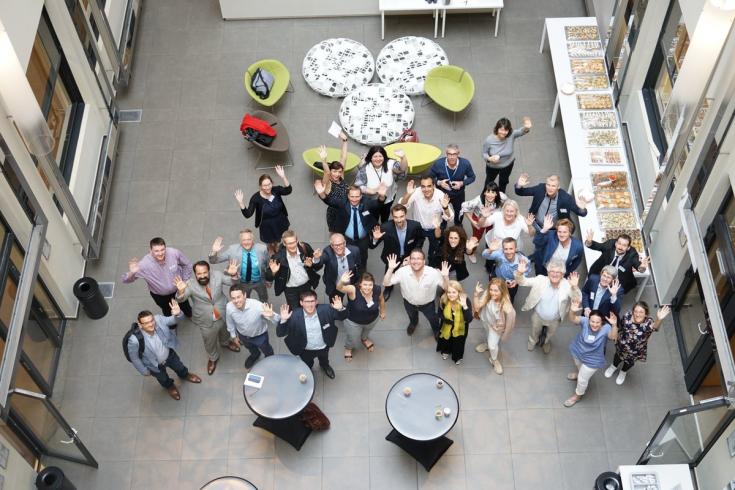Financial Instruments for the Low-carbon economy

The Policy Learning Platform organised a workshop on financial instruments for the low-carbon economy on 20 June 2019 in Brussels.
This thematic workshop aimed to demonstrate how regions can establish financial instruments using European Structural and Investment Funds (ESIFs) and other own funds, to support the transition to a low-carbon economy, particularly for the building sector.
Access the follow-up brief of the workshop to discover the highlights, key-learnings and recommendations of the workshop.
Presentations
The concept and moderation were signed by Katharina Krell and Simon Hunkin, thematic experts of low-carbon economy from the Policy Learning Platform.
The morning was kicked off with an introductory presentation by the Low-carbon economy expert Katharina Krell from the Policy Learning Platform.
- Adam Abdulwahab from the European Commission set the general framework for the workshop, gave a brief history of financial instruments in cohesion policy and outlined the key advantages of the European Structural and Investment Fund.
- Françoise Réfabert from Energies Demain explained how to applicate the financing of refurbishment of private homes. Later during the workshop, she complemented her first presentation with a brief follow-up.
- Nicolas Stancioff from Funding for Future B.V. presented how Latvia deals with Energy Efficiency as part of the Building and Energy Conservation Bureau.
- Elodie Denizart representing the Région Hauts-de-France presented the Picardie Pass Rénovation business model, its challenges and the benefits reached so far.
- Jiří Peterka, from the City of Prague explained how they are envisioning Smart Prague and how they are working towards a better quality of life in a prospering city thanks to the active use of modern technologies.
- Alexandra Lopes, from the IFRRU project presented how they used a Financial Instrument for Urban Rehabilitation and Revitalisation.
- Nathanaël Hance from Bruxelles Environnement pointed out how Brussels promotes and supports Energy Renovations, with citizens as a target group.
The following presentations that were given revolved around the topic of own revolving fund.
- Tommy Lindström from the Energy Agency for Southeast Sweden presented how the EPC model was used to contribute to an ecological and sustainable municipality.
- Annelii Ausmees from KredEX explained how KredEx helps people to improve their living conditions, by offering them e.g. loans, guarantees and grants for solutions aimed at energy efficiency
During the afternoon sessions, Anette Jahn from H2020 Energy presented more about Horizon 2020 funding and experience from projects at EASME.
- Robert Pernetta from European Investment Bank spoke about the European Investment Bank and ELENA support. He pointed our that fi-compass is a very useful tool if you are searching for advisory services for financial instruments for European Structural and Investment fund.
Access the follow-up brief to discover the key-learnings of the workshop.
